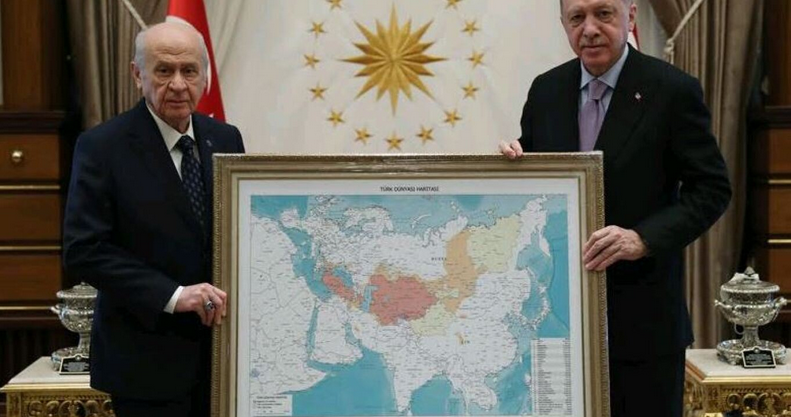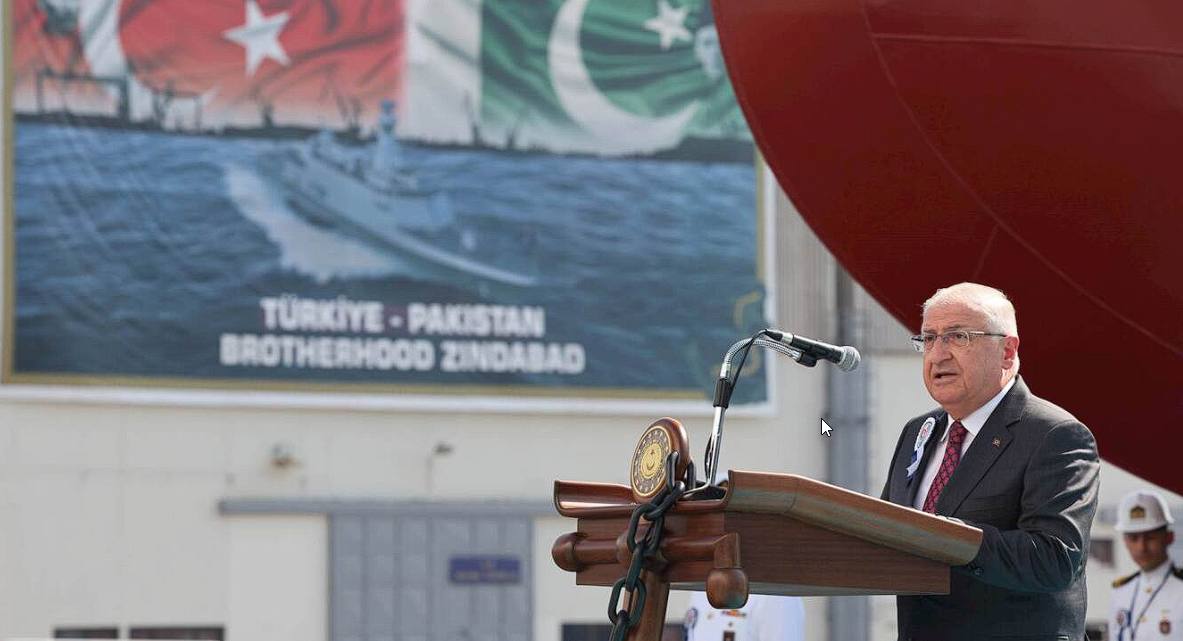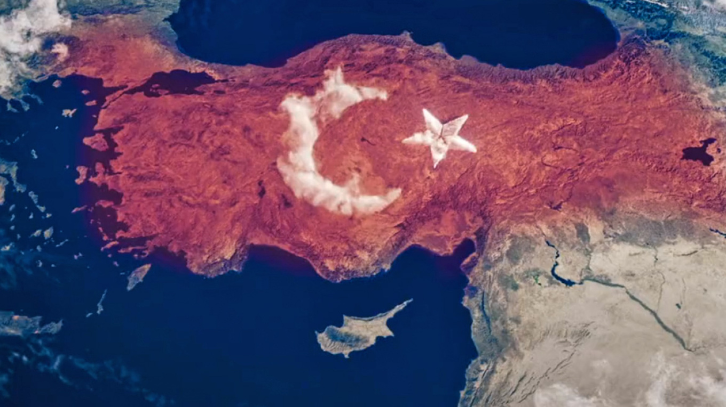The nationalist narrative of the “Century of Turkey,” which includes, of course, the “Blue Homeland,” is now integrated into the official educational program of Turkish schools, as decided by the Turkish Ministry of Education and published on April 28.
The change in the educational curriculum aims to inspire the new generation of Turkish students with the “greatness” of Turkey’s achievements, with particular emphasis on the military industry and the launch of Turkish satellites into space. Simultaneously, it aims to indoctrinate the new generation with President Erdogan’s revisionist narrative.
Special attention is given to the Geography lesson to reinforce, as stated in the announcement, the “national consciousness” of the students. Within this framework, the importance of Turkey’s geographical position will be emphasized through the presentation and discussion of maps related to the “Blue Homeland” and the “Homeland of the Skies.”
By directly introducing Turkey’s revisionism through the questioning of international treaties and international law, the new school curriculum, as stated by the Turkish Ministry of Education, will “highlight Turkey’s just struggle against demands that ignore its legal and geographical rights at sea, emphasizing the phenomenon of patriotism.”
AstraZeneca: Admitted that the COVID vaccine could cause rare thromboses
To leave no doubts about the intentions of those who proposed and approved this new curriculum, the announcement from the Turkish Ministry of Education states that during the discussion of the “Blue Homeland,” the “Sea of Islands” will also be discussed, as nationalist circles commonly refer to the Aegean Sea, aiming to challenge its Greekness. Additionally, students will be briefed on why Turkey is not a party to the United Nations Convention on the Law of the Sea and its “rights in international waters today and in the future.” The significance of the pseudo-state of “Turkish Republic of Northern Cyprus” for Turkey and the Turkish world will also be highlighted.
With this move, any misconception about Turkey’s intentions is now dispelled, as revisionism and provocations against Greece and Cyprus’ sovereignty become formally endorsed state ideology, to which not only officials and diplomats but all new generations of Turkish citizens will be indoctrinated from now on.



































